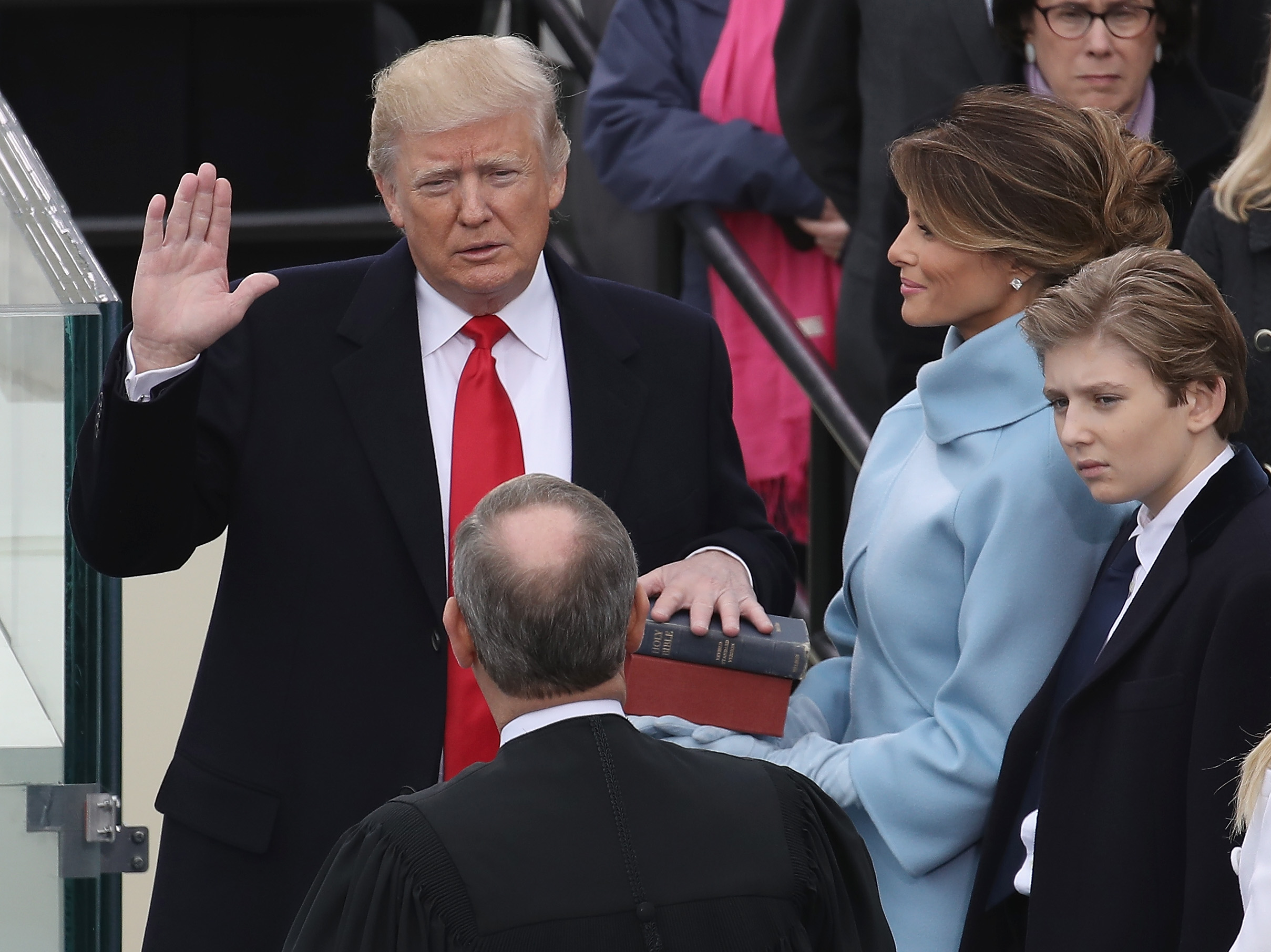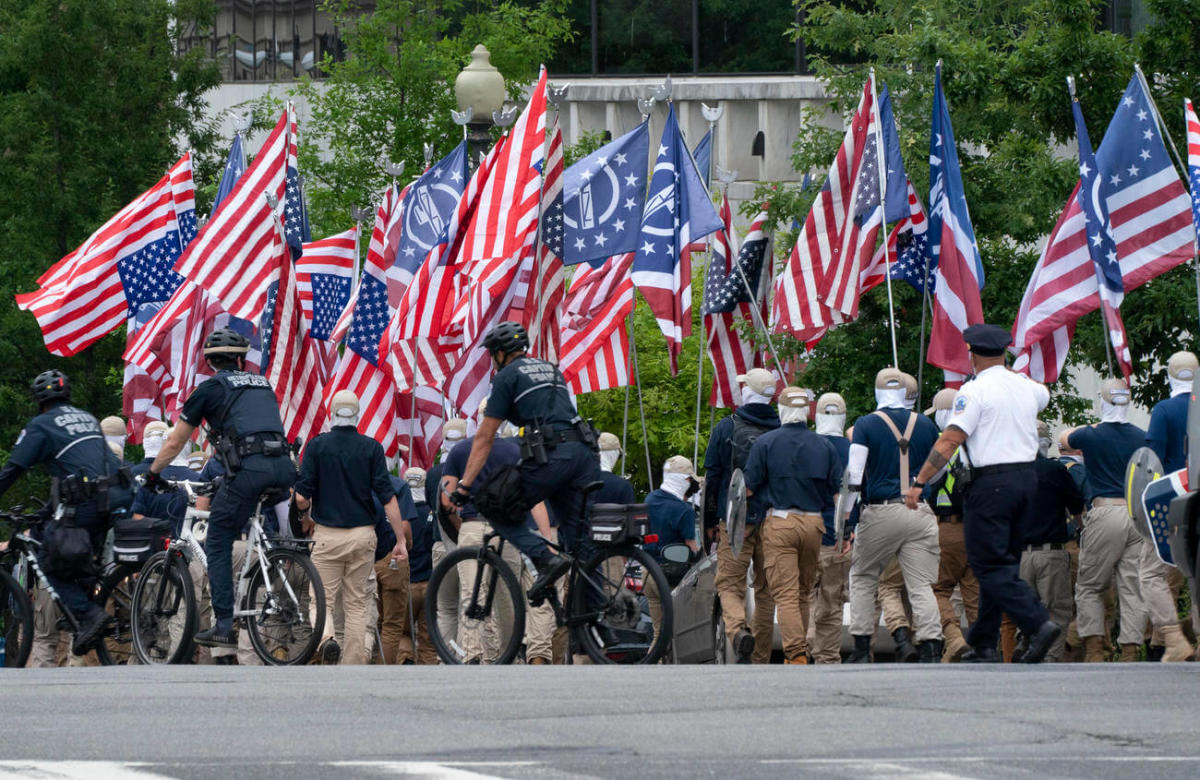Ruy Teixeira: .... In 2016, with Trump’s victory built on the backs of white working-class voters in the Midwest especially, it was very clear that the Democrats were not able to maintain the kind of share of the white working-class vote they needed to make the political arithmetic of a changing America work out in their favor. But as we saw after 2016, Democrats summarized their loss as being about the reactionary parts of America—the racist, the xenophobes, the left-behinds—and it didn’t seem to have much to do, in their view, with questions of economics. It was all about how they’re not “down” with the multicultural, multiracial America that’s coming into being, and that’s all there is to it. So, they thought, why even bother with these people? They’re “deplorables,” as Hillary Clinton famously put it.
JJ: I used to always hear Democrats saying, “The election was all just Trump’s racist appeals,” but I actually went to the rallies in 2015. He would talk about bad trade deals. He promised to bring back Glass-Steagall, which is the bill regulating finance. He talked about health insurance. He was going to do a plan that actually would cover all Americans and wasn’t going to be like a rat’s maze. And if you compare the ads, his ads were overwhelmingly more policy-oriented than Clinton’s. She was really just attacking him as a bad guy and it didn’t work.
MM: So, you didn’t anticipate that the party that said, “We are the party of Paul Ryan, we’re the party of tax cuts, we’re the party of Milton Friedman,” would actually start to sound more liberal on economic policy?
RT: Yeah, and that’s another way in which Trump was misunderstood. He got the nomination because the Republican Party itself was changing and was becoming more of a working-class party driven by these kinds of voters. They didn’t want to hear the Paul Ryan message over and over again. They didn’t want to hear just about tax cuts. They didn’t want to just hear, “We unleash the free market, everything will be great. Trust us on this.” They were mad, and they thought the elites of the Republican Party as well as the Democratic Party were selling them out. So Trump’s message fell on receptive ears, and that shock to the Republican Party system is still with us today, because I don’t think there’s any turning back to the former economic approach of the Republicans. Trump is the guy who changed the landscape. This gets away from looking at him as just an avatar of white supremacy or whatever it is he is frequently portrayed as by some Democrats.

 www.huffpost.com
www.huffpost.com









/cloudfront-us-east-2.images.arcpublishing.com/reuters/CAUXKFISKVNJPLUV7DAZKTGCQI.jpg)



